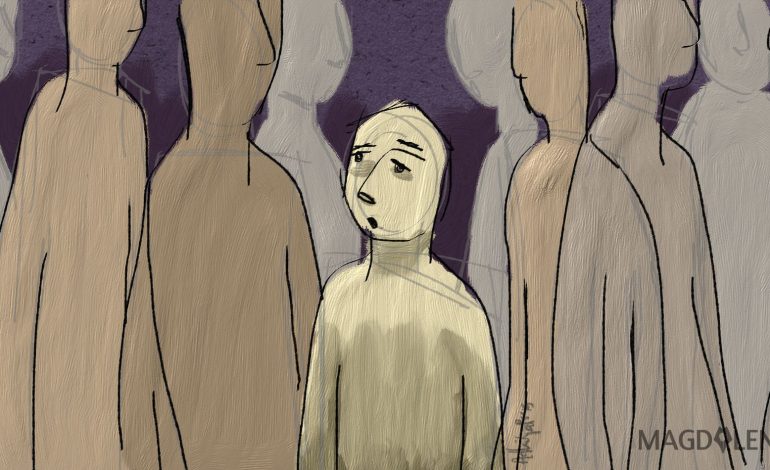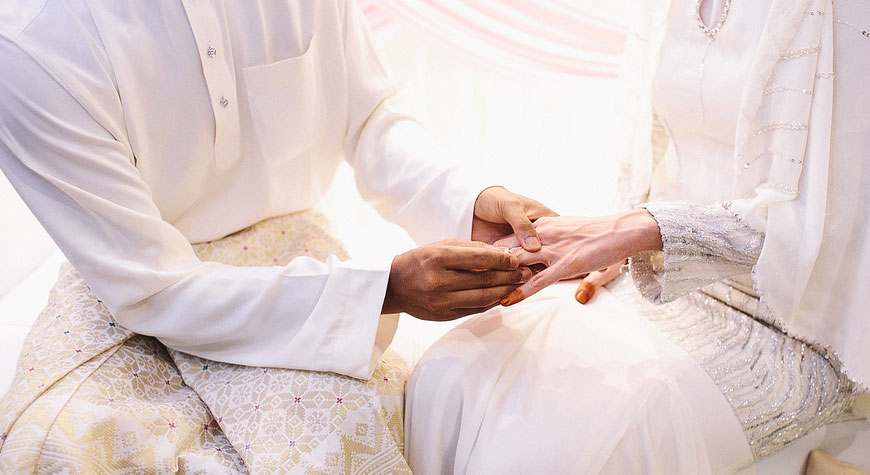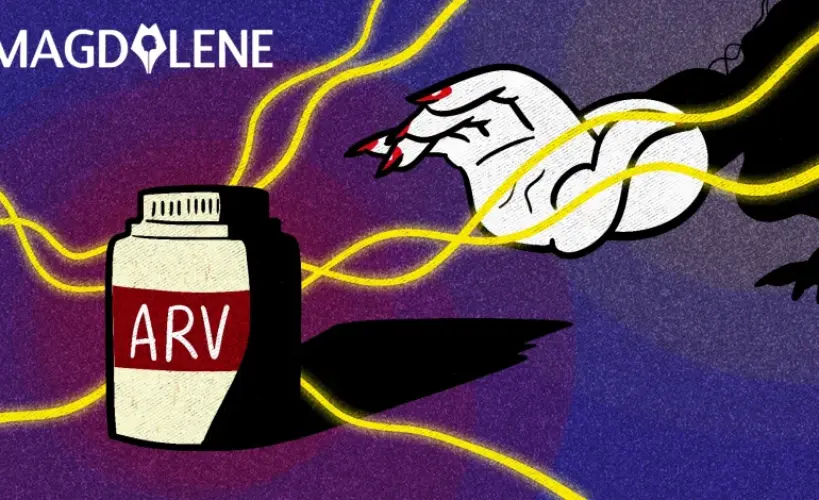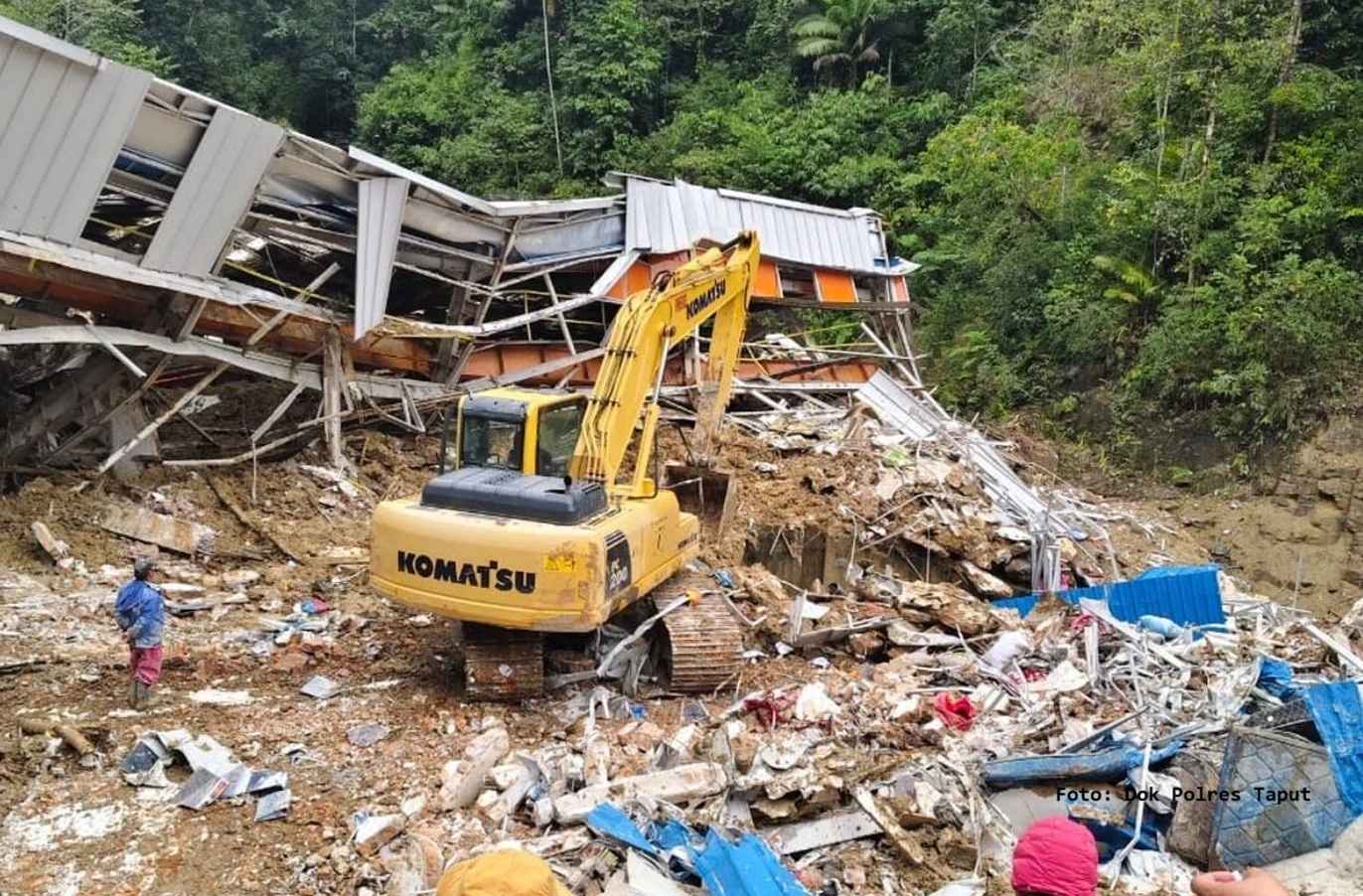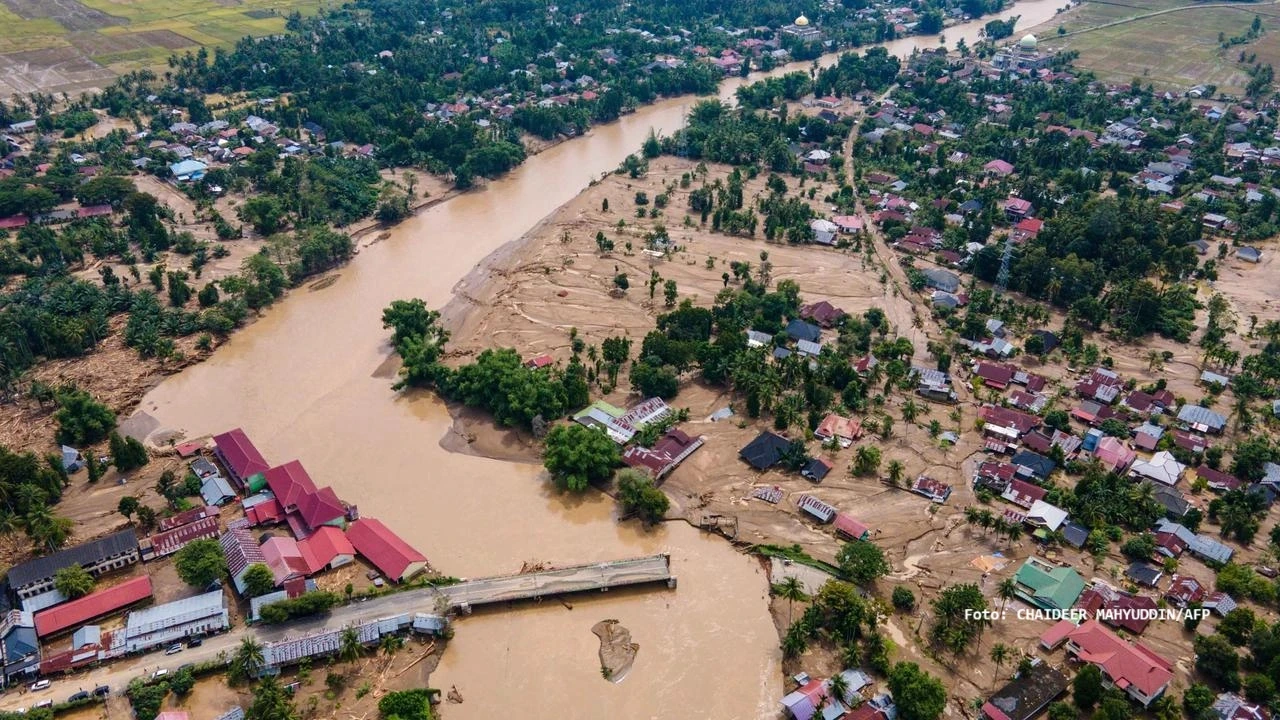Ruang (Ny)aman Discusses the Importance of Reproductive Health
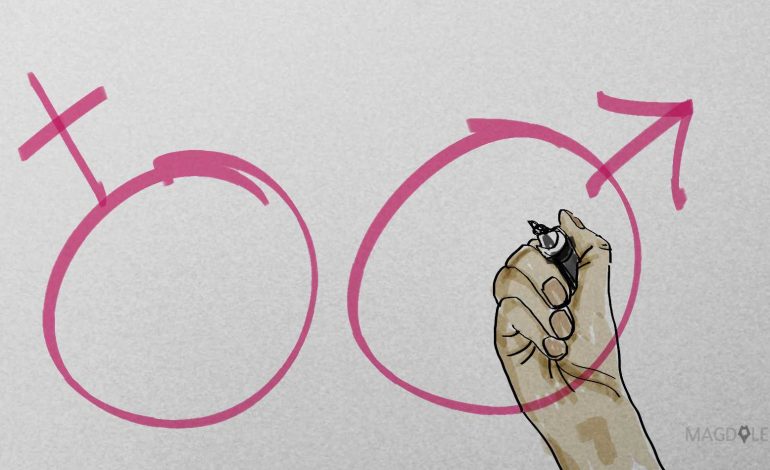
When it comes to sexual reproductive health, Indonesia is lagging behind in providing services and education to ensure that everyone’s right to reproductive health is upheld. Part of the problem is the lack of frank discussion on reproductive health in an increasingly conservative society, where words such as vagina, condoms or safe sex are automatically linked to morality.
But knowledge of reproductive health is important to prevent risks, and in the age of internet and fake information, the lack of proper education can mean the difference between death and life.
This was the gist of the latest discussion at the monthly Ruang (Ny)aman on April 18 at Ke:Kini co-working space in Central Jakarta. The “Reproductive Health” session featured Heny Widyaningrum, the National Program Officer of Indonesian Planned Parenthood Association (PKBI).
Heny said that most of the time when we talk about reproductive health many would assume it is a “dirty” topic.
“Actually, reproductive health is not all about the crotch. It is way more than that,” she said.
According to the World Health Organization (WHO), reproductive health is a state of complete physical, mental and social well-being, and not merely the absence of disease or infirmity, reproductive health, or sexual health or hygiene, addresses the reproductive processes, functions and system at all stages of life.
“Reproductive health is also a part of the Circles of Sexuality,” said Heny, referring to a framework model designed by a Dennis Dailey of the University of Kansas for understanding human sexuality.
“This includes factual information about reproduction, understanding reproductive and sexual anatomy, contraception, and abortion,” she added.
Furthermore, Heny explained that everyone is entitled to 12 reproductive health rights as stated by the International Conference on Population and Development (ICPD) in 1994, in which Indonesia was among the 179 nations participated.
Some of the 12 rights include the rights to receive information and reproductive health education, to get services and protection of reproductive health, to be free from all forms of discriminations in reproductive life, and to benefit from scientific progresses related to reproductive health.

“But the fact shows that Indonesia still does not provide comprehensive reproductive health education, and many people don’t have proper access to reproductive health services,” said Heny.
Even those who do have access to reproductive health services may be subjected to unpleasant experience, particularly if they are sexually active and unmarried women. Some of the women attending the discussion shared their experience of getting a pap smear at an ob-gyn and receiving discrimination because they are unmarried.
“It is important to educate health service providers to give valid information to their patients regarding their reproductive health, instead of judging them,” said Heny.
Heny showed a set of contraceptives and showed the participants how they are used, from Intra Uterine Device (IUD) to implants. She talked about the morning after pill, which is taken within 72 hours after a sexual intercourse to prevent pregnancy. Though the latest update from the WHO stated that morning after pill is safe to use after 120 hours, Heny said the pill must be immediately after sexual intercourse. The pill has been falsely categorized as endangering the womb and can be used for abortion. This may be the reason behind its disappearance in the market in Indonesia today, she said.
Heny criticized the lack of the government’s role in providing reproductive health education since young age, increasing the risks of teen pregnancy, sexually transmitted diseases and contraceptive failures.
Abortion was also highlighted during the discussion. In Indonesia, abortion is restricted: only pregnant women in medical emergency and rape victims can access safe abortion. Still, many women find difficulties getting abortion legally, particularly if they are unmarried.
The non-profit PKBI provides various services from counseling, family planning, reproductive health services and access, to safe abortion.
Ruang (Ny)Aman, which means a safe and comfortable space, is a monthly gathering, and a joint initiative of Ke:kini Co-Working Space, Magdalene and The O Project. Follow Magdalene on Facebook, Twitter, and Instagram for more information about Ruang (Ny)aman’s next month session.
Find out how to handle sexual harassment in the workplace and follow @bunnnicula on Twitter.


